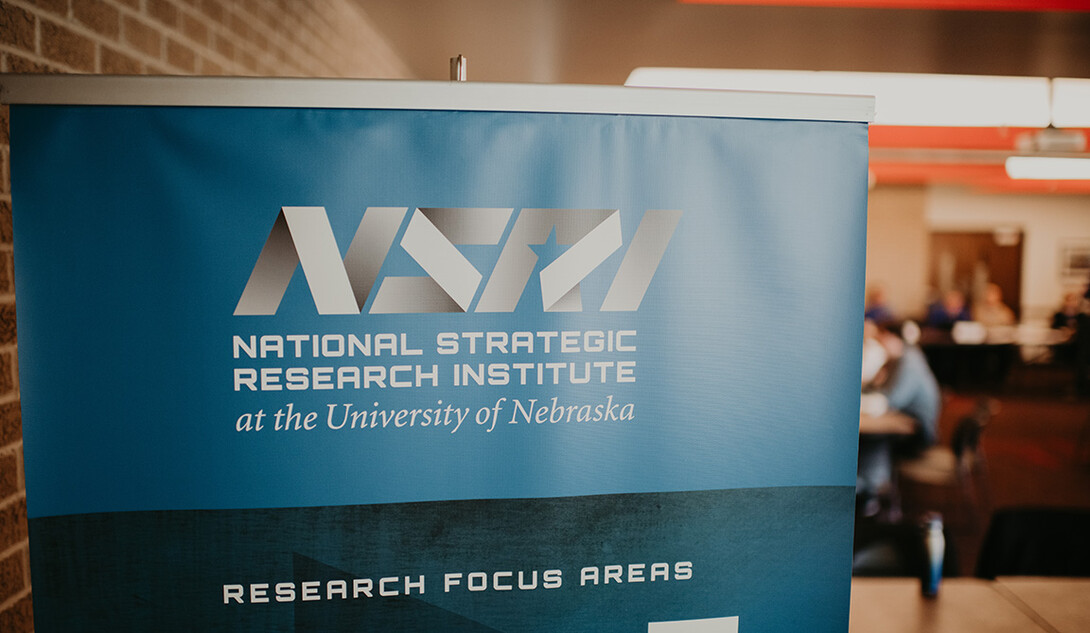
The National Strategic Research Institute at the University of Nebraska welcomed 40 faculty members from across the NU System into its collaborative research network, the NSRI Fellows Program, to further expand its transdisciplinary research capabilities. Twelve University of Nebraska–Lincoln faculty are among the new cohort.
The new group of faculty broadens the institute’s access to expertise and resources across the University of Nebraska System in the areas of biomedical sciences, engineering, chemistry, nanotechnology, leadership development, health sciences, journalism, and more. The new faculty join more than 150 peers already in the program to receive public information related to NSRI’s mission that can help stimulate research teams for projects across the institute's research portfolio.
"Each faculty member brings unique expertise and a fresh perspective that can catalyze innovation across disciplinary boundaries," said Joshua Santarpia, NSRI science and technology adviser. "Their collective contributions could accelerate our progress on addressing some of the Nation's most pressing challenges, from strategic deterrence within a multipolar environment to integrating emerging technologies such as AI to developing medical countermeasures for evolving threats."
University of Nebraska–Lincoln faculty are:
- Nirupam Aich, civil and environmental engineering;
- Cory Armstrong, journalism and mass communications;
- Shannon Bartelt-Hunt, civil and environmental engineering;
- Christian Binek, physics;
- Barry Cheung, physical chemistry;
- David Hage, analytical chemistry;
- Jacob John, materials and nanoscience;
- Stephen Morin, chemistry;
- Brett Neely, management;
- Santosh Pitla, biological systems engineering;
- Sangjin Ryu, mechanical and materials engineering; and
- Limei Zhang, biochemistry.
In addition to receiving regular communications from NSRI, the faculty are invited to attend an annual invitation-only conference and to join eight working groups that provide a venue and platform for technical conversations surrounding real-world defense challenges.
"I appreciate the connections among NSRI, national security agencies and the NU system, as I believe we have the expertise here in Nebraska to significantly augment and expand research and technology nationally and across the globe," said Armstrong, associate dean and Lawrence L. and Ruth E. Pike Professor in Journalism. "I hope my experience in studying media messaging and the way it influences individuals’ decision making during crisis events will provide valuable insights to help stakeholders and leaders respond successfully to both natural and man-made disasters."
The working groups include:
- Artificial Intelligence and Machine Learning;
- Biological Defense;
- Chemical Defense;
- Food, Agriculture and Environment Security;
- Joint Electromagnetic Spectrum Operations;
- Medical Countermeasures;
- Strategic Deterrence; and
- Wearable Sensors.







